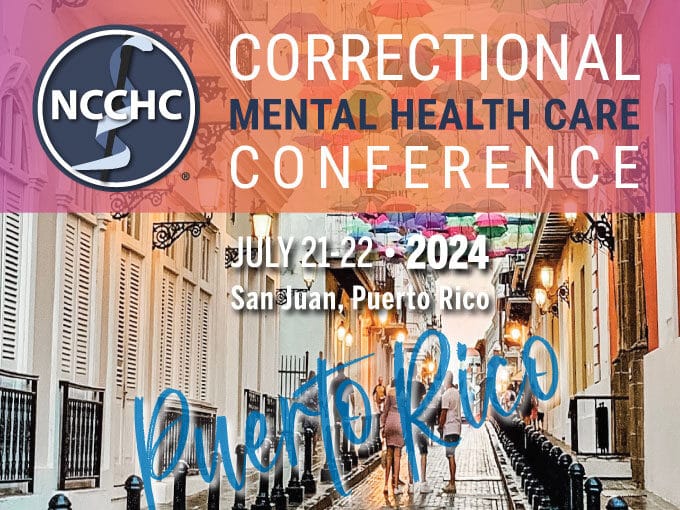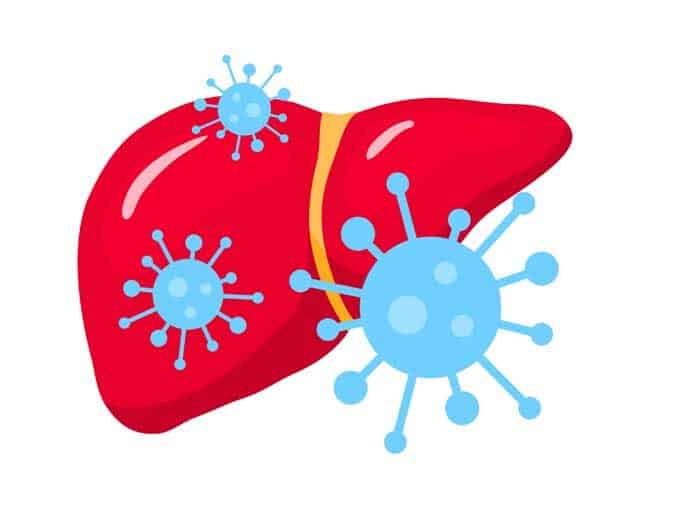
Say hola to Puerto Rico
The 2024 Correctional Mental Health Care Conference will be held in sunny San Juan!
Home Educate Your Patients and Coworkers About the COVID-19 Vaccine
As our approach to COVID-19 takes a new turn with the introduction of vaccines, it’s time to prepare for educating staff and incarcerated people on the importance of vaccination.
As a public health physician, my first thought is: yes, of course, take the shot! However, we have to respect concerns that people, especially those who have historically had reasons to distrust the medical establishment, may have.
In addition, the new technology used to develop the COVID-19 vaccines and the speed in which they were introduced may be raising alarms.
First, the human body’s immune system is incredible and complex and allows us to fight a variety of infections and other threats to our health. With vaccines, we can help it along by providing instructions or training, just like we train our brains to learn new skills.
While many people will be able to defeat an infection (like COVID-19) without any help, some won’t. Whether COVID-19 is 1%, 5%, or 10% lethal is not where our focus needs to be. Even a small fraction of the population ill at one time will overwhelm our health system, which is not designed to care for a large number of sick people simultaneously.
What is our best defense against any disease? Prevention, of course. Whether that prevention is a physical barrier to block the disease (e.g., a mask), space too great for a disease to move from person to person (e.g., social distancing), or directions for our immune system to help us learn to fight a specific disease (e.g., a vaccine), all are important.
Share the Facts
There is a lot of information out there, some good, some bad, and some dangerous, regarding the COVID-19 vaccine. Let’s make sure we’re sharing credible, fact-based information. Here are a few examples:
University of Michigan “Not Sure About the COVID-19 Vaccine? Get the Facts, Then Decide”
University of Missouri “The COVID-19 Vaccine: Myths vs. Facts”
The Mayo Clinic “COVID-19 Vaccine Get the Facts”
Recently, we surveyed NCCHC’s Certified Correctional Health Professionals and learned that a reasonably high number (about 70%) plan on getting the vaccine as soon as it is available; another 15% plan to get it later. Please be among the first to get the vaccine when it is offered to you. It is vital for the health of everyone you interact with – your family, co-workers, and your incarcerated patients.
Resources for Use in Facilities
NCCHC has received requests for vaccine education materials for use in facilities. We have set up a page on our website to make materials available for download and have received some excellent resources. Please check this page out today and start your communications plan.
If you have resources to share, please send them to [email protected].
Additional Resources
Finally, here are some resources for physicians and other health professionals from some of the world’s leading medical journals. This is by no means an exhaustive list, but just a sample:
JAMA network:
New England Journal of Medicine:
The Lancet:
By Brent Gibson, Chief Health Officer, NCCHC


